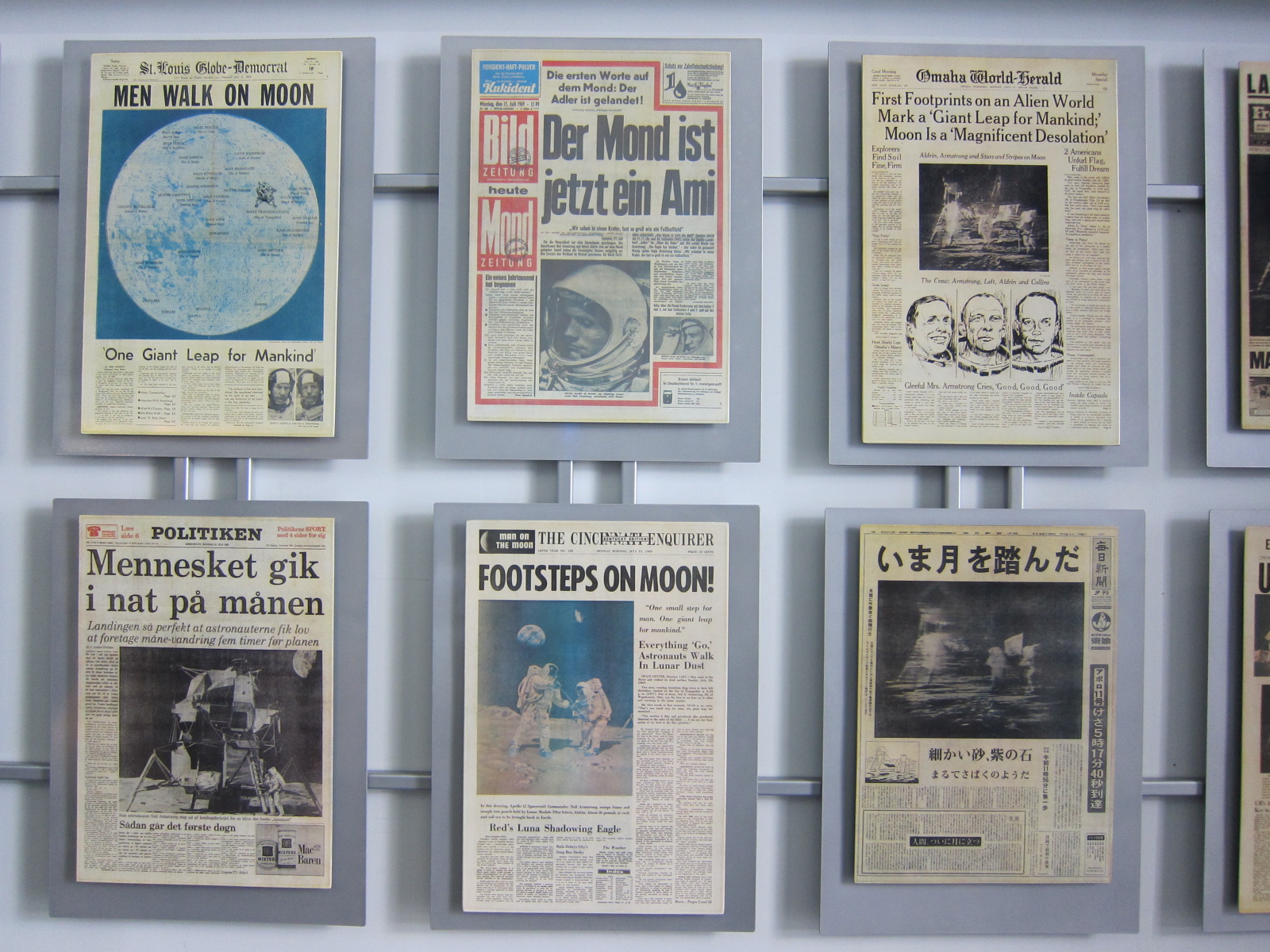Space exploration was hugely influenced by the Cold War between the United States and the Soviet Union. It became a sense of national pride to launch artifical elements, and then people, into space. It really came down to a race for military and ideological supremacy. Anything else was a bonus.
That was then. In current times, this space race mentality is no longer necessary. We shouldn't be comparing ourselves to China, India, or other countries. Especially since space exploraiton is a great example of international cooperation (the International Space Station, and the science projects which take part on it, wouldn't exist otherwise).
I watched a great panel this weekend with former astronaut Bonnie Dunbar, chief astronomer Derrick Pitts, Dr. Nina Khrushcheva and aeronautics professor Wesley Harris. It's rare to see a nuanced, in depth discussion about space on television - check it out!
Interestingly, Melissa Harris-Perry's experience with the Challenger explosion made her hate space. I had the opposite reaction - it made me dig into my resources to see what went wrong and how our scientists worked hard to improve the safety aspects of space travel. Science is about exploration, which unfortunately means learning from mistakers
The second video is on the privatization of spaceflight with the same panel - check it out!

